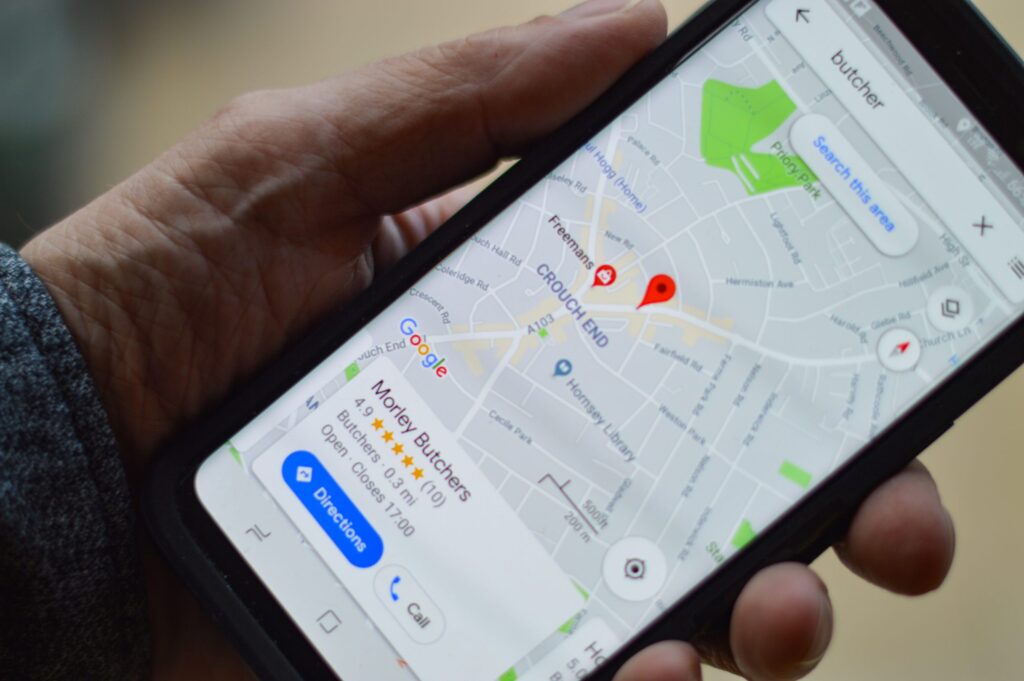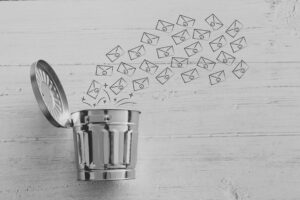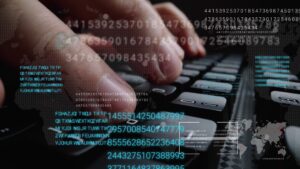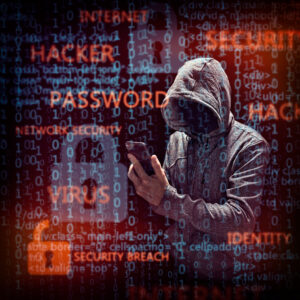Governments fighting to control the spread of COVID-19 have been quick to look at cyber location related possibilities. Location data could help them track other patients that a newly diagnosed sufferer had been in contact with. In combination, it could help identify high-risk areas where people are gathering. It could also, however, have other more invasive and anti-democratic uses.
US Cell phones
The Wall Street Journal reported last weekend that US government officials are using location data from millions of cell phones to understand peoples movements and how they’re impacting on the spread of the disease. That data, which is stripped of personally identifying information, shows how community hubs like shops and parks are still drawing crowds. The data can also show how well the population at large is following requests to stay indoors. Much data comes from advertising companies that gather it as a matter of course, the paper reported.
Singapore
Other countries are taking a softy approach to using location data for the public good. Singapore’s voluntary TraceTogether app uses Bluetooth for proximity tracking. When two users’ phones come near each other, they send each other a message containing a timestamp, their Bluetooth signal strength, their phone’s model, and a temporary identifier. The phones store that information. If a user test positive for the virus, they can upload their data to the Ministry of Health, which will decode it and use it to identify others that they may have infected.
Israeli Health Ministry
In Israel, the Health Ministry has reportedly released an app that uses voluntary data to shield citizens from exposure while protecting their privacy. It notifies people when they have come into contact with infected citizens, but it keeps all this data on the users’ devices. The government makes this work by sending anonymous data on infected citizens’ movements to users’ phones.
Israel’s voluntary initiative only happened after the government there passed regulations allowing the Israeli police to track the cell phones of COVID-19-positive individuals using its anti-terrorism Shin Bet (MI5 equivalent) cell phone location tracking system. Some country’s populations would baulk at this, but the Israeli public have always had a heightened awareness of the importance of security issues.
Irish Government & HSE
Ireland’s government revealed plans for a voluntary tracking app that seems to work on the same basis as Singapore’s software. Expect to see that within ten days, said officials at the country’s Health Service Executive over last weekend.
While many such efforts are voluntary, a few countries have sourced the data without users’ explicit consent. This could create ethical issues after the immediate crisis passes with the temptation of governments with more authoritarian instincts to continue monitoring their populations with or without consent.










